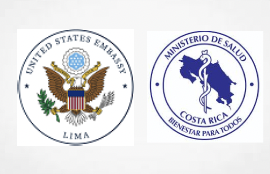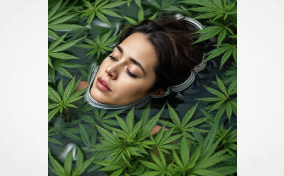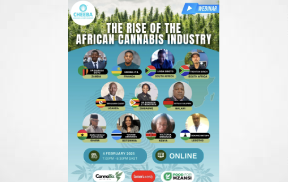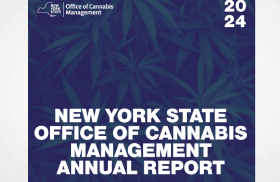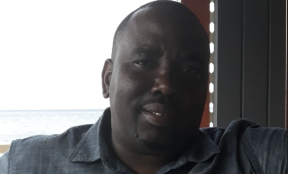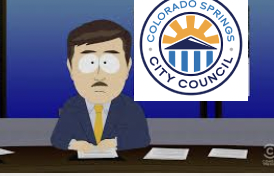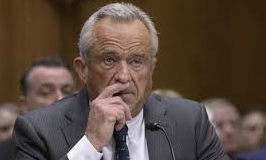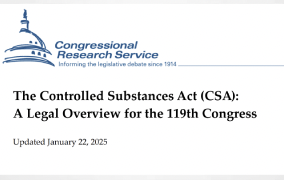Double Blind report
| On January 23, the U.S. Embassy in Peru issued a warning to American tourists to avoid consuming ayahuasca and kambo. Then, on Jan. 28, Costa Rica’s Ministry of Health issued a similar warning, advising people not to consume ayahuasca and ibogaine at local retreats. |
| Peru’s advisory specifically says “ayahuasca/kambo” is dangerous but does not clarify whether it is referring to the substances when consumed individually or combined. However, it cites recent deaths, serious health complications, and crimes associated with ayahuasca retreat centers. |
| The Ecstatic Integration newsletter points to a post in r/ayahuasca by Redditor ”Usual-Package9540,” stating that the U.S. Embassy in Peru has issued similar warnings to Americans in the past, specifically in 2012, 2013, and 2022. But Usual-Package9540 says this one is different. “This [most recent] one has a stronger wording, which may suggest escalation from their side.” The poster also points out that the embassy ironically only lists some (not all) of the risks of consuming “ayahuasca/kambo.” |
| We reached out to the U.S. Embassy in Peru for more context, but they did not respond to our inquiries. |
| Meanwhile, Costa Rica’s Ministry of Health has taken a similarly hard stance against plant medicine, issuing a strict warning against advertising, consuming, and using ayahuasca and ibogaine for therapeutic purposes. Unlike in Peru, where ayahuasca is protected as part of Indigenous tradition, Costa Rican officials emphasize that these substances lack proper “sanitary registration, making them illegal under the country’s regulations.” The Ministry has urged residents and tourists to report any unlicensed retreats or ceremonies. (Despite the fact that hundreds of businesses facilitate the brew, Costa Rica does not have a formal licensing system for ayahuasca retreat centers.) |
| None of this changes the fact that ayahuasca tourism is more popular now than ever, attracting millions of people a year, including Silicon Valley entrepreneurs, wellness influencers, professional athletes, and renowned musicians and actors. Some travelers may be deterred, but others will likely see the warnings as another chapter in the long, complicated relationship between psychedelics and government regulation. |
